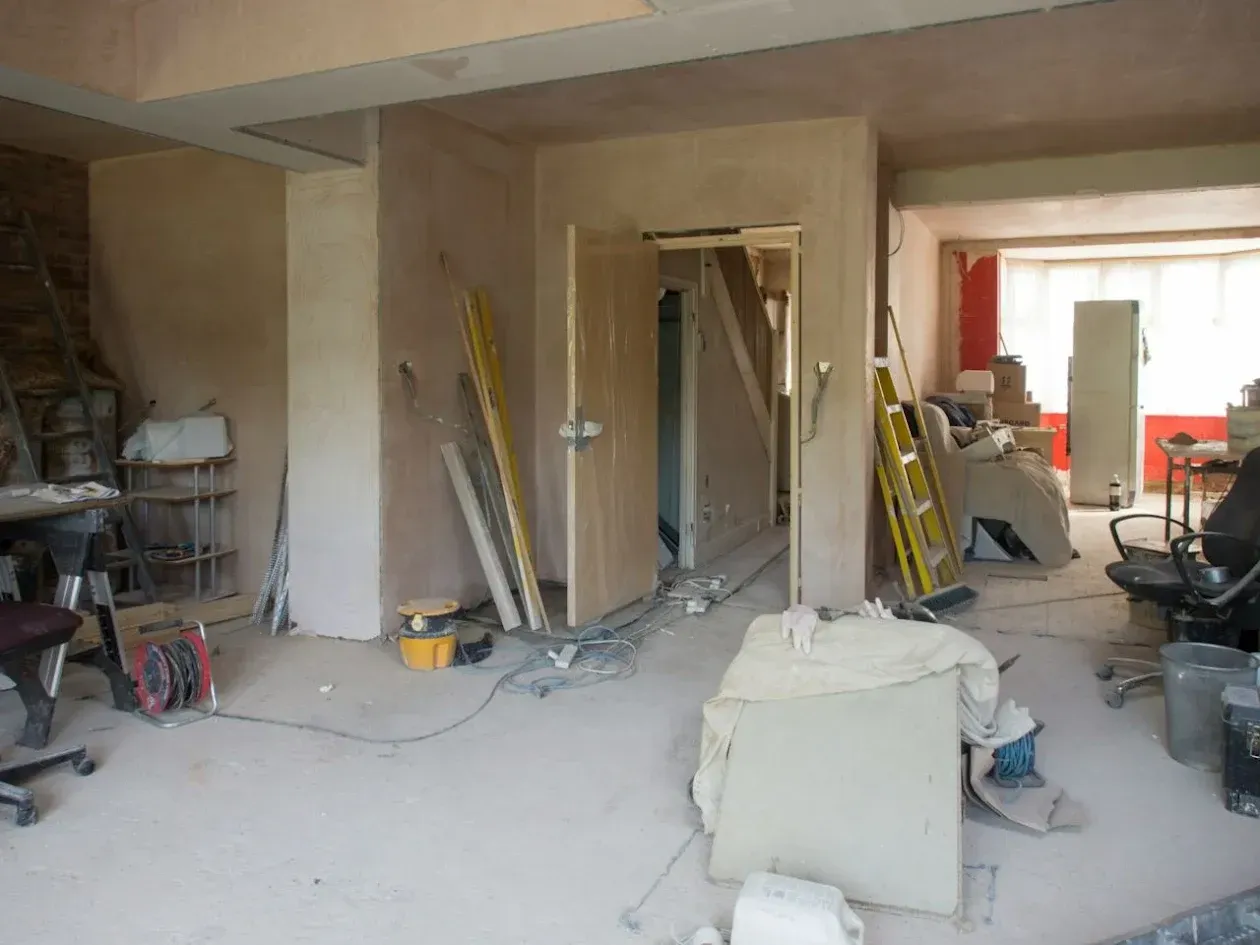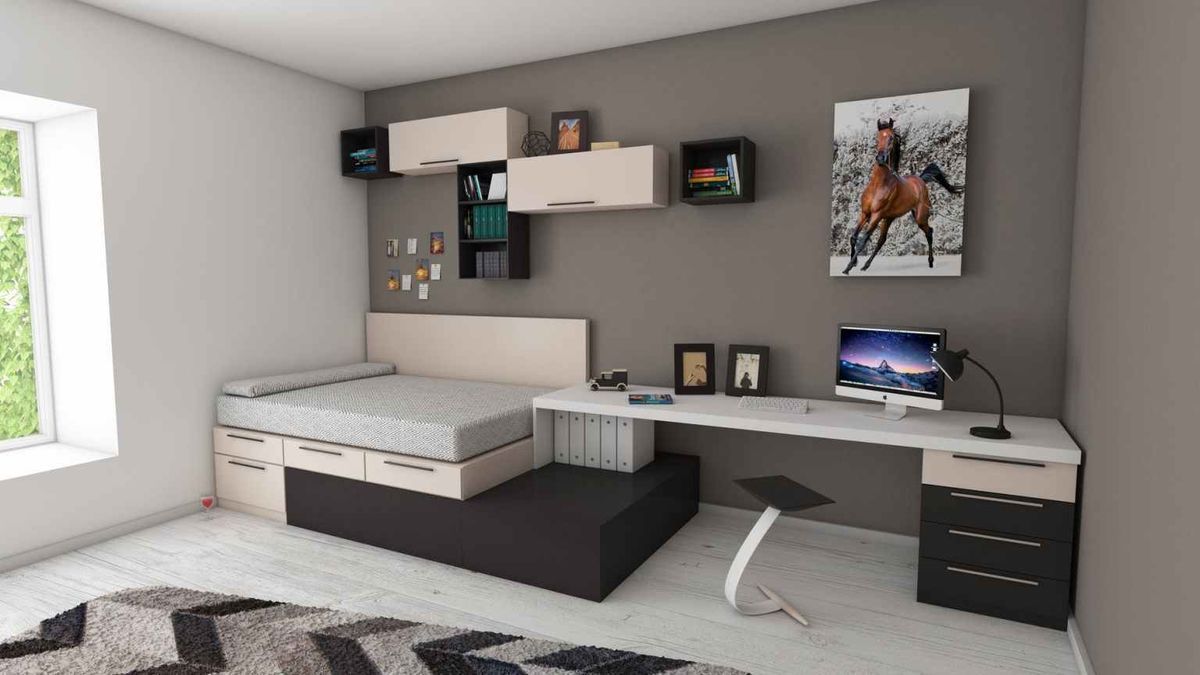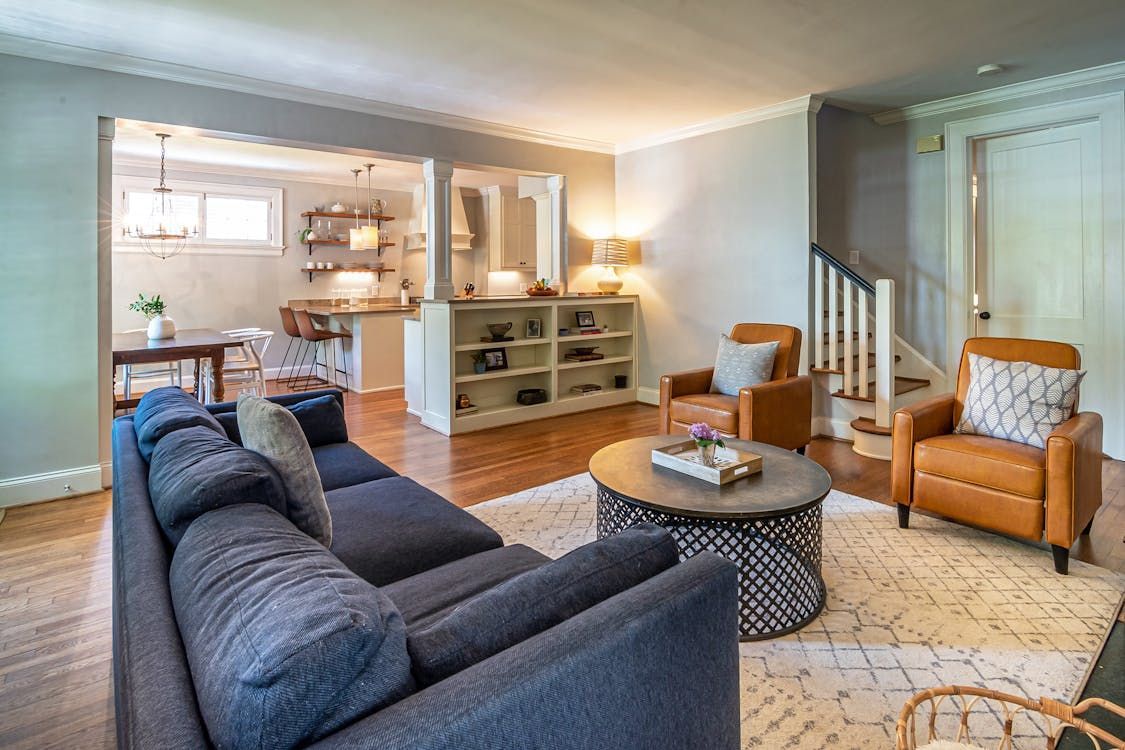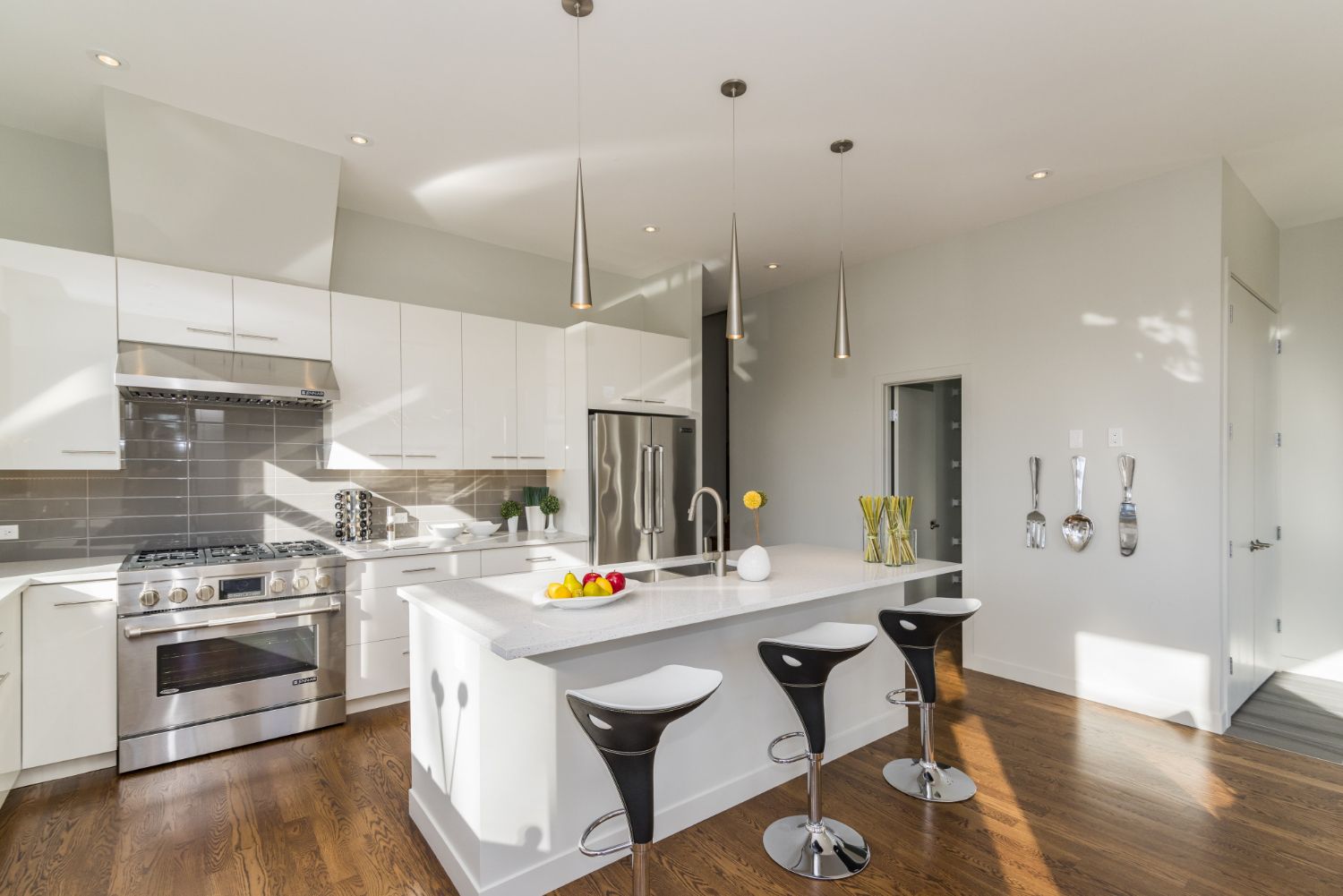Renovation Mistakes That Sabotage Your Project Budget
You’ve probably seen it happen: a simple remodel turns into a money pit before the paint even dries. It’s easy to run into renovation mistakes that sabotage your project budget without realizing it until the bills start piling up. It often begins with one missed detail, then another, and before long, the numbers no longer match your plan.
The truth is, most budget overruns come from choices you can avoid with a little foresight. With the right approach, you can keep your spending steady, reduce stress, and
finish your project feeling proud instead of panicked.
1. Skipping a Detailed Budget Plan
Many homeowners begin renovations without setting a clear budget, assuming they can make adjustments along the way. However, even small decisions can add up quickly, and material or labor costs often rise beyond expectations. Creating a detailed plan that lists every expense provides a realistic picture of the total cost and helps you prioritize what truly matters.
Renovations often take place shortly after moving into a new home, when financial pressures are already high. Understanding how to stay within budget during your move helps you
avoid unnecessary expenses by making smarter choices. For instance, you can compare quotes, schedule your move during off-peak times, or sell and donate items you no longer need. Taking these steps prevents overspending on both your move and your home improvements.
2. Ignoring the Importance of Accurate Measurements
One of the most common mistakes in renovations is skipping precise measurements. Even a small error can lead to wasted materials, mismatched furniture, or fixtures that don’t fit properly. For example, a kitchen cabinet installed just a few centimeters too wide can ruin the flow of the space, requiring costly adjustments. Double-checking measurements or having a professional verify them can prevent rework and keep your project on track. It might feel tedious, but measuring correctly saves both money and frustration later.
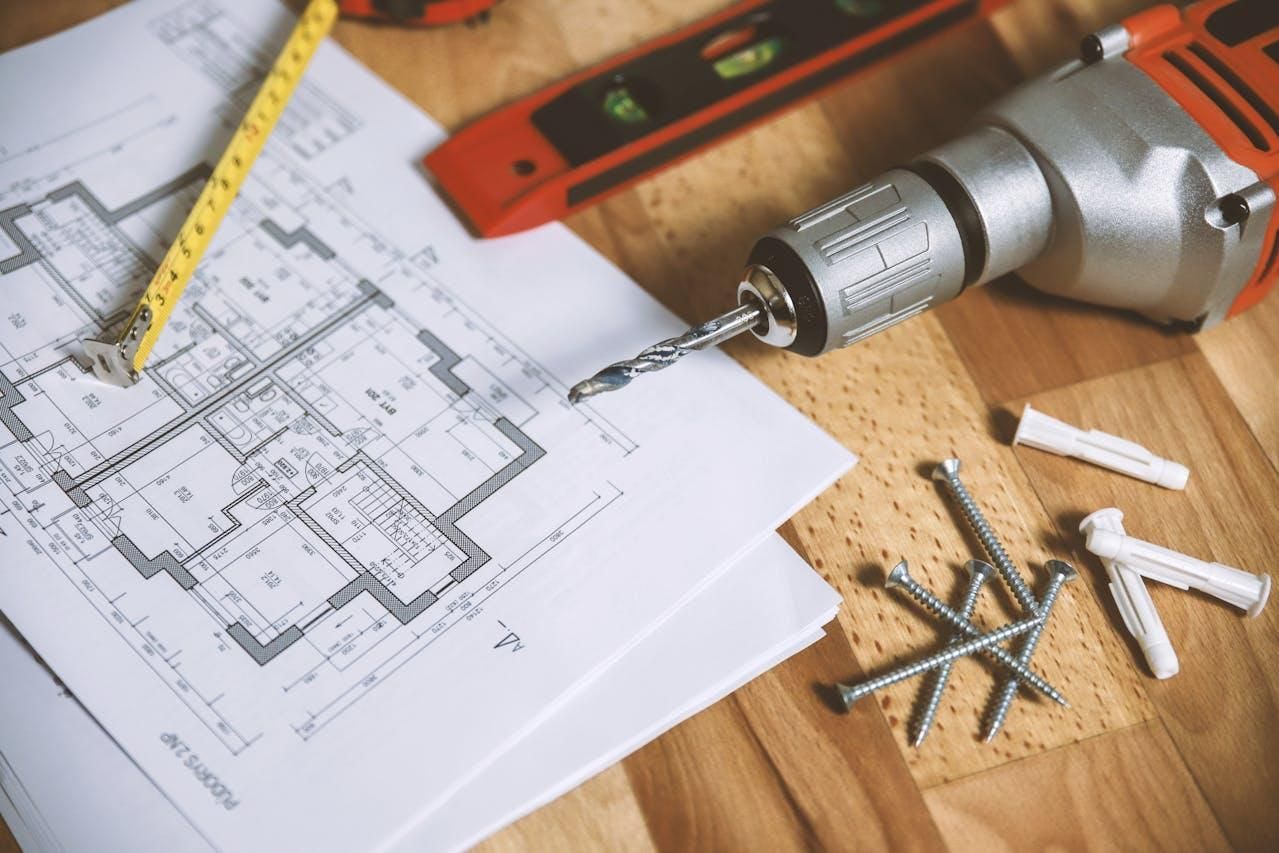
3. Choosing Cheap Materials That Don’t Last
Saving money with low-cost materials can seem smart at first, but it often leads to bigger expenses later. Budget options may wear out fast, fade, or break under regular use, forcing you to replace them sooner than planned. For example, cheap flooring might look good on day one, but start peeling or cracking within a year.
Spending a little more on quality products can make your renovation last longer and reduce the need for constant repairs. Read reviews, compare warranties, and check long-term performance to find materials that match your budget and goals.
4. Starting Without Permits or Legal Checks
Beginning a renovation without proper permits can create serious problems that drain both time and money. Ignoring local rules often leads to fines, work delays, or even orders to remove finished work. For example, building a deck, changing a wall, or making other modifications that
violate codes or zoning restrictions can result in costly corrections later. These setbacks quickly push your budget off track and add stress to the process. Taking the time to review all regulations before starting keeps your project safe, legal, and free from expensive surprises.
5. Constantly Changing the Design Midway
Altering your design after work begins might feel harmless, but even small changes can cause major cost increases. Each adjustment affects materials, labor, and timelines, forcing contractors to redo completed work or order new supplies. These disruptions lead to delays and often raise your total spending more than expected. For example, moving a wall after installation means paying again for demolition, framing, and finishing. Finalizing your plans before construction starts helps you stay organized, avoid frustration, and keep your budget under control.
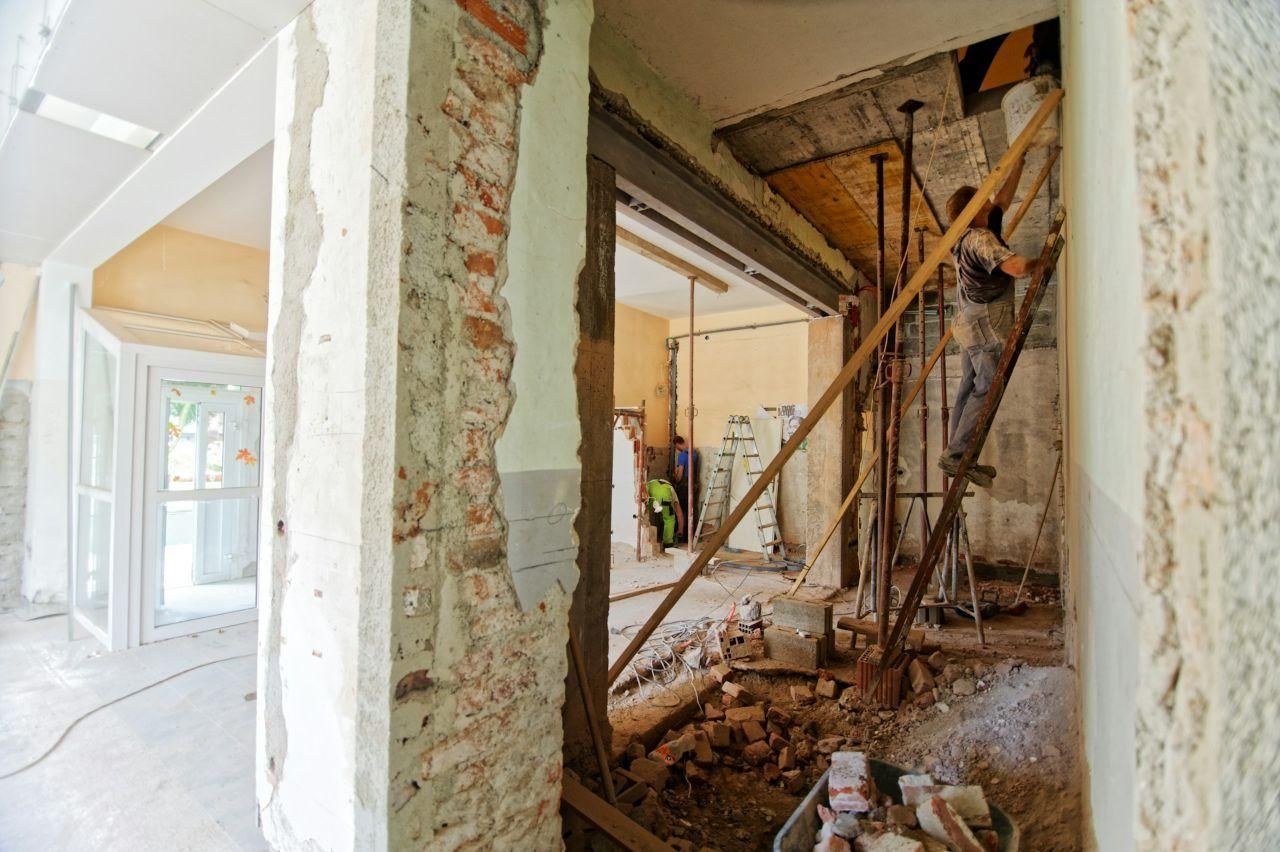
6. Underestimating Labor Costs: One of the Common Renovation Mistakes That Sabotage Your Project Budget
It’s easy to focus on materials and forget that labor can be the biggest chunk of your renovation costs. Miscalculating hours or skill requirements is one of the renovation mistakes that sabotage your project budget. Even straightforward tasks can take longer than expected if unexpected problems appear or if specialists are needed. For instance, installing new plumbing might seem simple, but hidden complications can add days of work. Asking contractors for detailed estimates and realistic timelines helps you avoid surprises and keeps your spending under control.
7. Overlooking Hidden Issues Behind Walls
Renovations often reveal problems you didn’t expect, like old wiring, plumbing leaks, or mold. Ignoring these hidden issues can quickly turn a simple project into a costly nightmare. For example, replacing a wall without checking behind it could mean uncovering damaged pipes that need immediate repair. Set aside a contingency fund for surprises to help you manage these situations without derailing your budget. Taking time to inspect and plan for potential hidden problems keeps your renovation on track and avoids unpleasant financial shocks.
8. Forgetting About Cleanup and Disposal Fees
Many homeowners forget that renovations produce a lot of waste. Broken tiles, old cabinets, and packaging all need proper disposal. Ignoring these costs can add hundreds of dollars to your budget. For example, renting a dumpster or paying for a disposal service is often required for larger projects. Ask contractors about cleanup fees before work begins. Planning for waste removal keeps your budget accurate and avoids last-minute surprises.
9. Hiring Based Only on the Lowest Bid
Choosing a contractor based only on the lowest price often backfires. Cheap bids may hide extra costs, poor-quality materials, or inexperience. You might save money at first, but mistakes, delays, or corrections quickly raise expenses. Check references, review past projects, and ask about timelines to judge reliability. Selecting a
skilled and trustworthy contractor protects your budget, keeps work on schedule, and prevents surprises that can derail the project.
10. Skipping a Final Inspection
Skipping a final inspection can cost more than you expect. Small defects, like uneven floors, leaking pipes, or misaligned cabinets, often go unnoticed until later. Discovering them after the project is complete usually requires expensive repairs. Walking through the space carefully before making the final payment lets you catch issues early. Make a checklist and inspect every area, from electrical outlets to flooring and fixtures. A thorough inspection protects your investment and prevents last-minute surprises that can blow your budget.
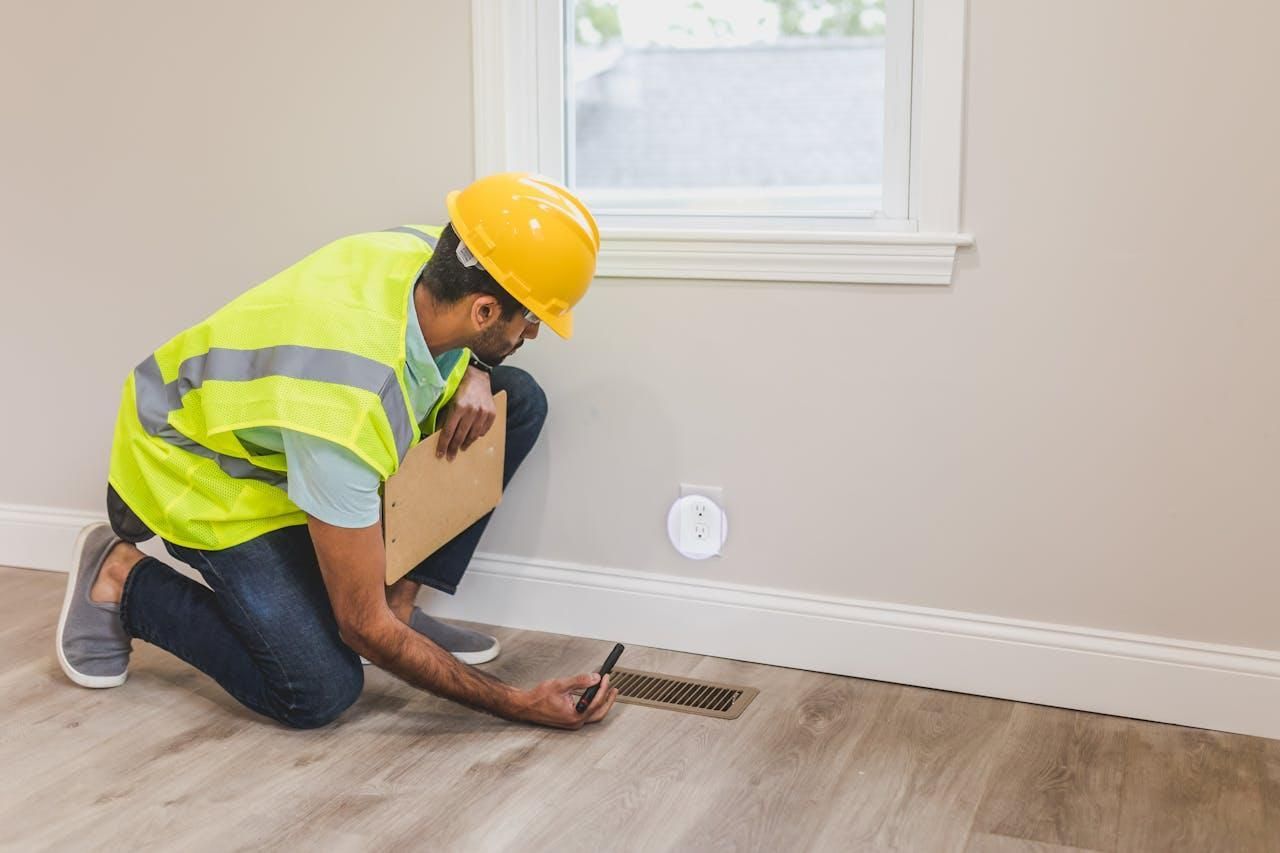
Smart Planning Saves Money in the Long Run
Rushing into a renovation without a plan often leads to mistakes and overspending. Creating a clear budget, checking measurements, and selecting materials carefully helps you stay organized. These steps prevent many of the renovation mistakes that sabotage your project budget before they even appear.
Planning also gives you control over timing and quality. Coordinating contractors and anticipating issues reduces delays and unexpected costs. Spending time up front keeps your renovation smooth and ensures the final result meets your expectations without blowing your budget.


